Gov. Jerry Brown forcing electric car market in CA
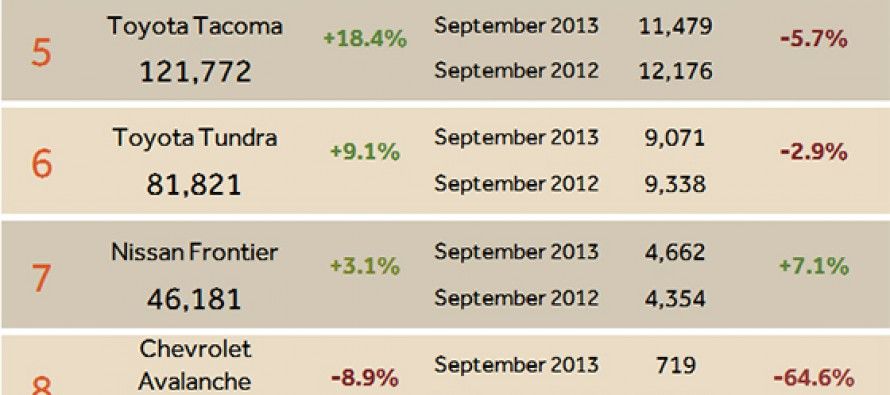
Gov. Jerry Brown must be in the market for a Chevy Volt, Nissan Leaf or Tesla electric car. There could be no other explanation for why he signed six bills this week to force a market for electric cars that few people want.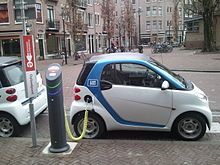
Rather than being mindful of the state's weak electricity grid and sky-high electricity rates, Brown's office sent out a press release announcing the six-bill package, clearly designed to prop up the weak electric car market.
Brown called it “California’s burgeoning electric vehicle market.”
“Today, we reaffirm our commitment in California to an electric vehicle future,” Brown said as he signed the bills.
But that “burgeoning electric vehicle market” is a fairy tale. Electric cars are significantly more expensive than standard combustion engine vehicles or clean diesel vehicles. The range of less than 100 miles for most of these cars is not realistic for most drivers, and sales are low. Currently electric cars make up only 0.3 percent of U.S. sales, according to nearly every news story I find.
The great green fib
While electric car manufacturers and media portray electric cars as all-clean, “zero emissions” vehicles, the cars are still polluters and can generate the emissions of a conventional car running on gas or diesel.
“The main difference is that while a conventional car’s emissions come out of the vehicle’s exhaust pipe, those created by an electric car are generated at the power station which supplies the electricity,” British consumer watchdog Which? reported. “It’s even less clear with so called ‘emission-free’ electric cars. The electricity powering them has to be generated somewhere, and that’s more likely to use fossil fuels than renewables.”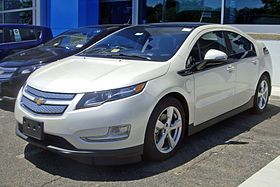
Green is bad for business
California threatened rolling blackouts this past summer due to the tapped out electrical grid. The state's residents were told to conserve electricity, and not use clothes washers and dryers and household appliances until the evening, and limit air conditioning during the hottest days.
But now the governor is propping up the electric car market, attempting to create a demand where there is none. It will add a whole new segment of electricity users in California, which is already facing an energy crisis in the near future.
As it currently stands, even if a quarter of the state's cars were already electric, the electricity grid would crash.
Additionally, the Renewable Portfolio Mandate, one of the most stringent renewable standards in the country, was passed by the California Legislature in 2011. The RPS will require the state to acquire 33 percent renewable energy for all of the state's power by 2020. Yet as of now, California has no new power plants coming online. And the San Onofre nuclear plant has been shut down permanently. With wind and solar power unreliable and intermittent, we can anticipate a state-created and mandated energy crises in the near future.
California's “burgeoning electric car market”
The media make electric cars sound as if they are selling like the hot new iPhone 5C. “After a record-setting month in August, plug-in electric car sales moderated in September while the overall U.S. vehicle market surged,” Green Car Reports reported today. “The Chevrolet Volt, the best-selling plug-in car after almost three years, registered 1,766 deliveries — little more than half the record-setting number of 3,351 sold in August.”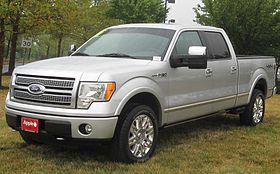
Compare sales of the Chevy Volt with the popular Ford F-150 pickup truck. According to a September story in USA Today, Ford Motors, up 12 percent in overall sales, reported August sales of F-series pickups topped 70,000 for the month. If Ford maintains 70,000 F-150 sales every month, the company would top 840,000 pickups sold in one year — the amount close to what Ford sold prior to the Great Recession and high gas prices.
Meanwhile, the electric car fairy tale continues. “Sales of electric cars have more than doubled in the U.S. during the first six months of 2013,” AOL Autos reported. “Americans have purchased 41,447 plug-in electric vehicles since January.”
Automakers sold 14.5 million total vehicles in the U.S. market in 2012. Auto analysts predict auto sales will likely hit 16 million units sold by year end.
The high cost of green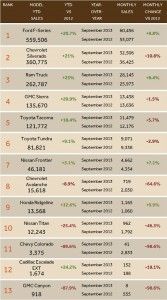
The Chevrolet Volt plug-in hybrid only goes 38 miles on electricity before its gas-powered generator kicks in. And the base cost for the car is $35,000, recently lowered $5,000 by General Motors because the cars weren't selling. Chevy also offers the all-electric Chevy Spark subcompact which can go 82 miles on a charge, for a mere $26,685. Electric cars are eligible for a $7,500 federal tax credit, and a $2,500 tax credit in California.
If your tastes are more exotic, Tesla Motors also has an all-electric model. Tesla claims the car can go up to 265 miles on a single charge, but that claim was discredited by the ultimate gear head show, Top Gear, which found the expensive electric car could only make about half of the 265 mile range claim.
So, for a 133 mile electric charge range, one can purchase a Tesla for only a starting price of $71,000. But in Sacramento, some of the cars are selling for about $98,000, out-the-door.
And the Tesla isn't as green as some say it is. “The total effective CO2 emissions of an 85 kWh Model S sedan are 547g per mile — considerably more than a large SUV, such as a Jeep Grand Cherokee, which emits 443g per mile!” reported Anthony Watts, a former meteorologist who operates a weather technology and content business, and the website Watts Up With That?
Yet, the Chevy Cruze, a standard internal combustion engine vehicle, of which 23,909 vehicles sold in August, costs only $16,569, gets 25 miles per gallon in the city, and 39 mpg on the highway.
What 'green' really looks like
Chevy also makes the Cruze Clean Turbo Diesel, which costs $17,170. The Cruze Clean Turbo Diesel can travel approximately 717 highway miles, or more than 10 hours of driving, on one tank of diesel fuel.
The Chevy Cruze Clean Diesel is proof that the electric car technology isn't ready for prime time, but clean diesel engines are.
“Experts at Which? compared the carbon dioxide created by charging electric cars with that emitted by the most efficient diesel models and concluded: 'Sometimes there’s not a great deal of difference,'” The UK Daily Mail reported. “And the gap is narrowing as 'conventional' cars up their game to cut emissions.”
The Which? report noted, “The common manufacturer claim that electric cars produce ‘zero emissions’ ignores the fact that most drivers use a conventional electricity supply to charge them, which has a carbon cost from burning fossil fuels.”
Information about the six electric car bills can be found on Gov. Jerry Brown's official website.
Related Articles
CA leads nation in job creation — Should CalChamber ‘job killer’ list receive credit?
While surveys of business executives still rank California as one of the worst places to do business, the record
California bill would make it easier to clear pot convictions from criminal record
Recently proposed legislation would make it easier for Californians to have their pot convictions wiped away, in just the latest
Spectacular waste in redwood forests
JULY 11, 2011 As I took the nearly six-hour drive recently from the Sacramento area, past Ukiah and up to




